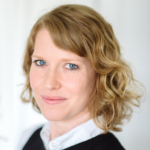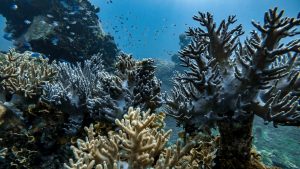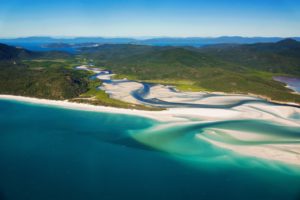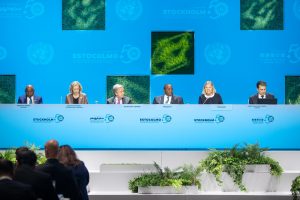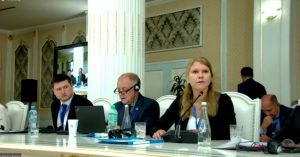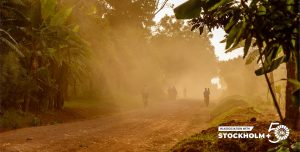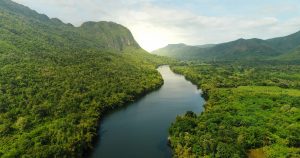- SIWI – Leading expert in water governance
- /
- Latest
- /
- Elevating our diverse values of water
Elevating our diverse values of water
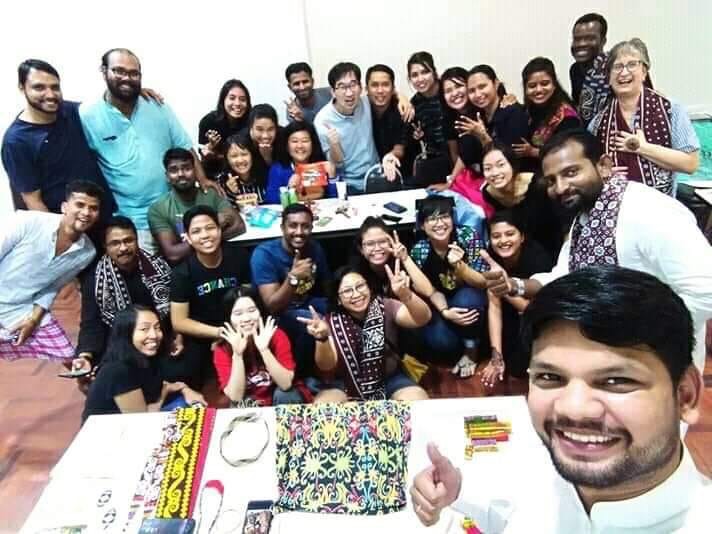 Picture by Yasir Bhatti
Picture by Yasir Bhatti “E rere kau mai te awa nui mai i te kāhui maunga ki Tangaroa. Ko au te awa; ko te awa ko au.”
(The river flows from the mountains to the sea. I am the river; the river is me.)
– Maori water proverb, attributed to Ngāti Hau Iwi from Whanganui, offered by Shrutika Gunanayagam from New Zealand, workshop participant
The water community’s efforts to understand and account for the diverse values of water will come increasingly into focus in the build-up to the UN’s 2021 World Water Day, the accompanying 2021 World Water Development Report and SIWI’s 2021 World Water Week – all focused on the ‘Valuing Water’ theme.
Different cultures and communities hold diverse conceptions of the values of water. While the valuing water dialogue has long focused on understanding the economic values of water; understanding, and accounting for a broader range of values of water including social, cultural, traditional, relationships, and spiritual values is a key component of moving towards a water-wise world.
Inclusive and participatory water decision making is key when it comes to harnessing engagement from communities across the globe and understanding and accounting for a diversity of water values. If we are to stand a chance at achieving Sustainable Development Goal 6 on water and sanitation, we must work to ensure everyone has a voice in water decision making and recognize the diverse relationships to water held by worldwide communities.
As part of SIWI’s Swedish Water House Cluster Group on Water and Faith, SIWI was recently invited by the World Council of Churches’ 2019 EcoSchool, a two weeks certificate course on the nexus of water, food, and climate justice, to engage in a dialogue around diverse perspectives of valuing water. Young leaders active in their faith-based and indigenous communities from across Asia including Bangladesh, Cambodia, East Timor, India, Indonesia, Malaysia, Myanmar, New Zealand, Pakistan, Philippines, South Korea, and Sri Lanka gathered to learn, debate, and plan joint actions related to water, climate, and food justice.
Dinesh Suna, Coordinator of the Ecumenical Water Network of the World Council of Churches and lead coordinator of the WCC EcoSchool, commented, “even though water is a scarce resource, so vital for sustenance for life, the global water crisis is not only due to the physical scarcity of water. It is also due to the unequal distribution of water. The poor always pay more for their access to water. Therefore, the right to water has to be reviewed within the normative content of accessibility, affordability, availability, safety and sufficiency. I am glad that the participants of the EcoSchool will be equipped to become ‘eco-ambassadors’ to address the problems related to the nexus of water, food and climate change with a justice perspective.” Dinesh added, “for the first time in the history of the WCC EcoSchool, SIWI has joined hands in capacitating young people and we are delighted about this partnership”
Inspiring voices of young water champions emerged throughout the workshop highlighting the importance of inclusive water governance. Rongsenben Longkumer, a 24-year-old from India who holds an MSc in Water Policy and Governance commented, “If water could speak, it would tell tales of reverence shown by indigenous communities through generations and would end with a deep long-drawn sigh of reminiscence.”
More efforts are needed to build partnerships and dialogues between and across communities to better capture diverse perspectives on the values of water. To support this effort, SIWI will be reaching out across its networks in the coming year to further understand and elevate these voices to contribute to a holistic understanding of valuing water.
For more information or if you wish to contribute your perspectives on the values of water please contact us.
Elizabeth A. Yaari is a Senior Programme Manager in SIWI’s Transboundary Water Cooperation Department and leads international engagements related to the Swedish Water House’s Water and Faith
Picture by Yasir Bhatti – Workshop Participant
